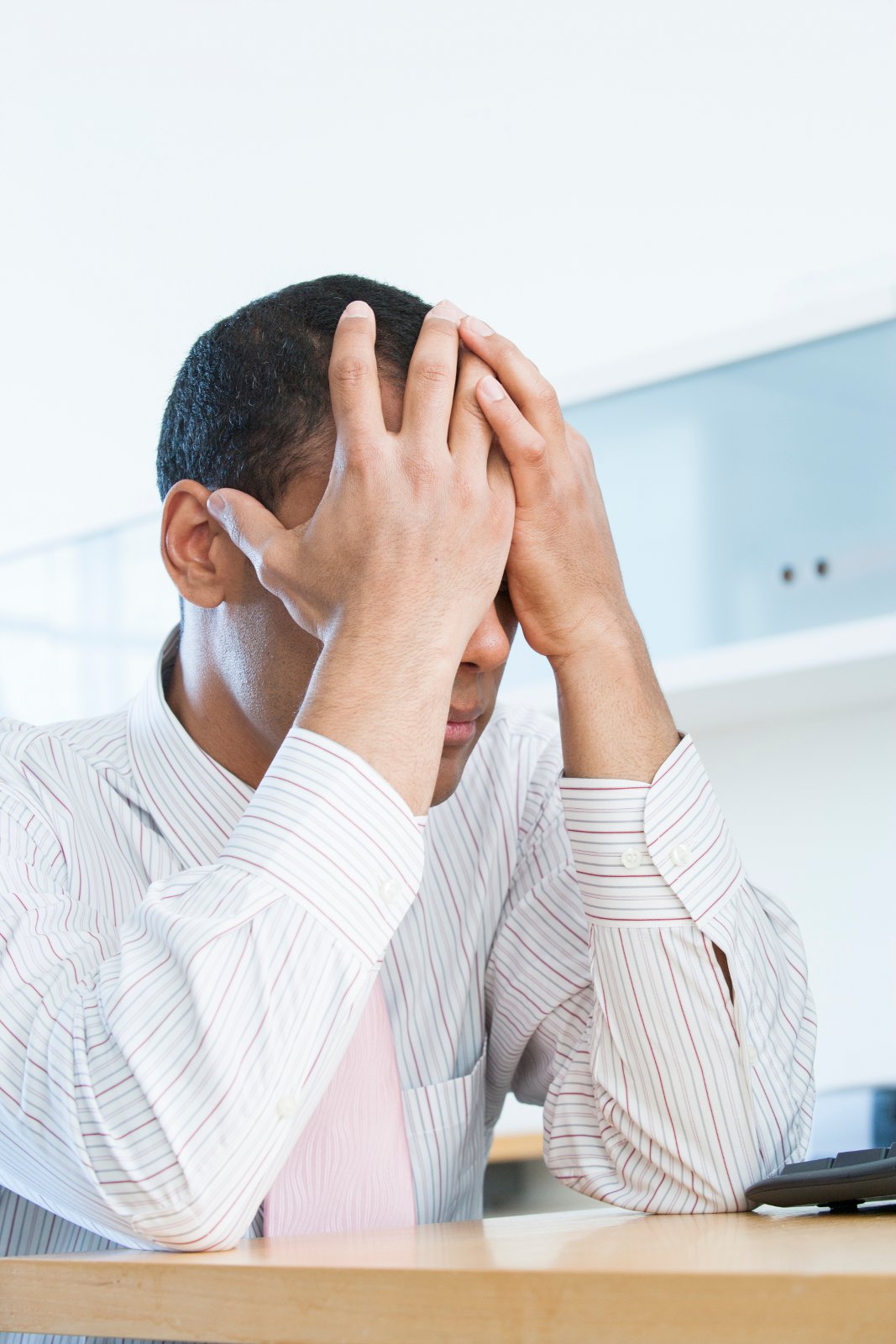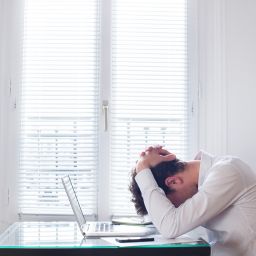What is Stress?
In society today, we use the word ‘stress’ a lot. Our employers, colleagues, friends, family and even children complain that they feel stressed. But what does being stressed actually mean?
Stress in itself is not a bad thing; in fact some of it can be healthy for our mind and body. Our stress response keeps us safe; it allows us to sense danger. When the stress response switches on, our brain shuts down any unnecessary functions and hormones flood our bodies to prepare us for the fight or flight. This response was designed to enable us to run away from lions, our lives depended on it. When we did run away from lions, soon after, we would retreat to a place of safety. We would rest and recuperate from the life threatening situation we were in.
Now, in the 21st Century, we have the same physiological response; but what causes it has changed. With hectic and busy lives, our stress response activates more and more frequently. But it isn’t turned off. It starts with frantically getting the kids ready for school. You read an aggressive email as soon as you get into the office, you’re late to your meeting and then on your way home from work you get stuck in traffic. We end up with a yo-yo syndrome as our hormonal system gets stressed too often, keeping our bodies in a perpetual state of fight/flight. This can make us sick.
Being in a state of chronic stress changes the size of our brains. And, it increases the likelihood of engaging in addictive and destructive behaviour. We are more likely to develop both physical and mental health problems. This includes anxiety, depression, heart disease, obesity, inflammation and cancer in the body. Read on for some useful tips to help your mind and body get less stressed…
5 tips to get you started
- Try to become more mindful of your body’s signs of stress. When you feel this response encroaching, change your activity, take a break or simply take a few deep breaths.
- What do you find stressful? Take some time to work out what is and isn’t helpful for your stress levels, particularly in the workplace. Talk to your manager about this and they may be able to make some changes to help you.
- Try to become more mindful as you go about your day. Take a look at our blog Mindfulness and our Mental Health to find out more about this.
- Regular exercise can be a fantastic stress reliever. With the right exercise programme, exercise can help your body with growth and repair. Be careful, however, not to overstress your body with exercise i.e. don’t run a marathon if you have never done a 5km.
- Eat and drink correctly. If you aren’t eating and drinking to nourish your body, your body will be in a state of internal stress. This can magnify external stress. Reduce your intake of caffeine and drink more water to start reducing the internal stress on your body.
Conclusion
With 21st Century living, it is impossible to completely avoid stress, particularly when major life events or trauma happens. But we can try and reduce the amount of stress we undergo in our everyday life. We can also change how we manage our outlook on stress during difficult times. To reduce the stressful effects of a difficult situation try and reframe or refocus your perception of the situation. This can help you adapt to the situation more positively and allow you to change the situation for the better.

















